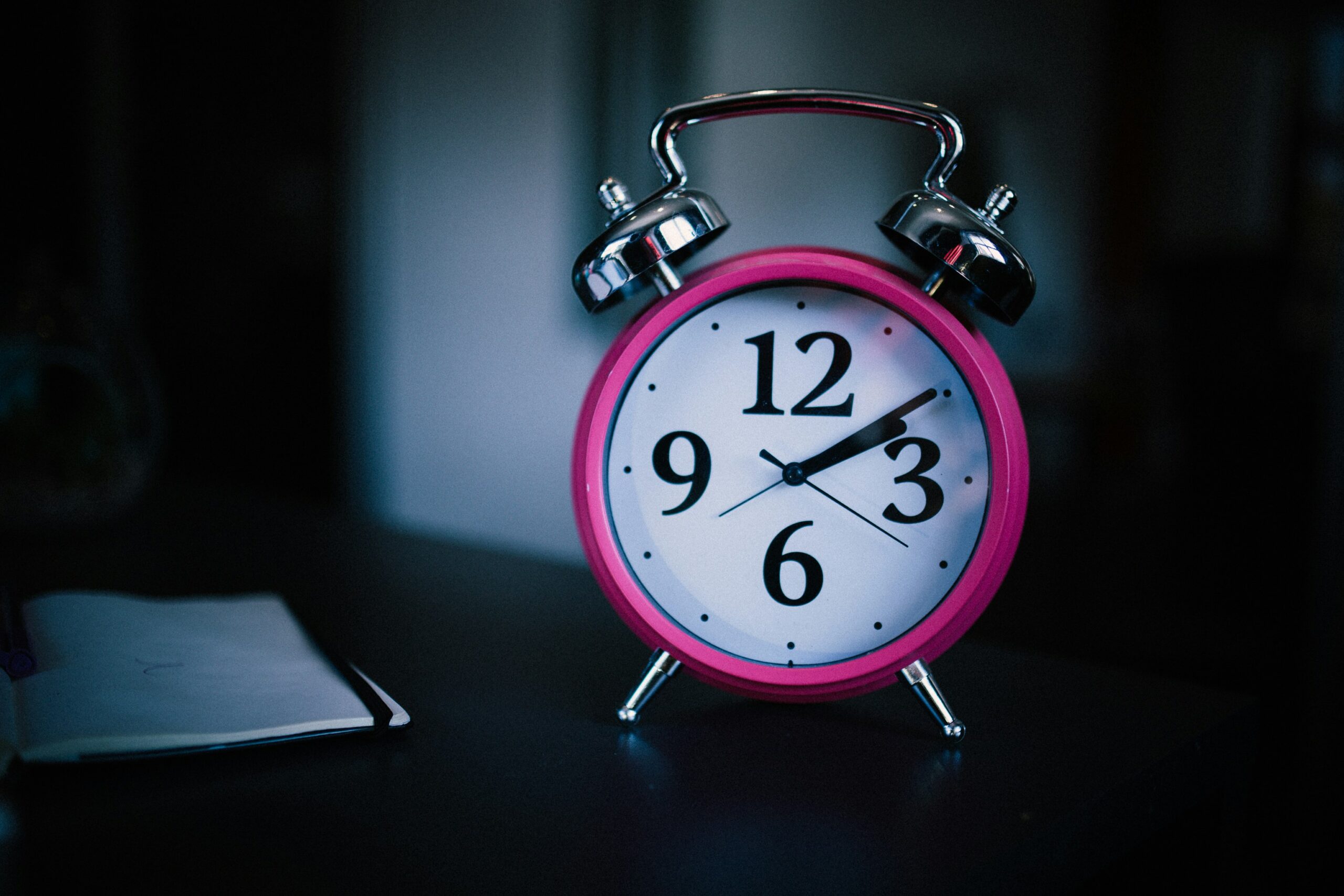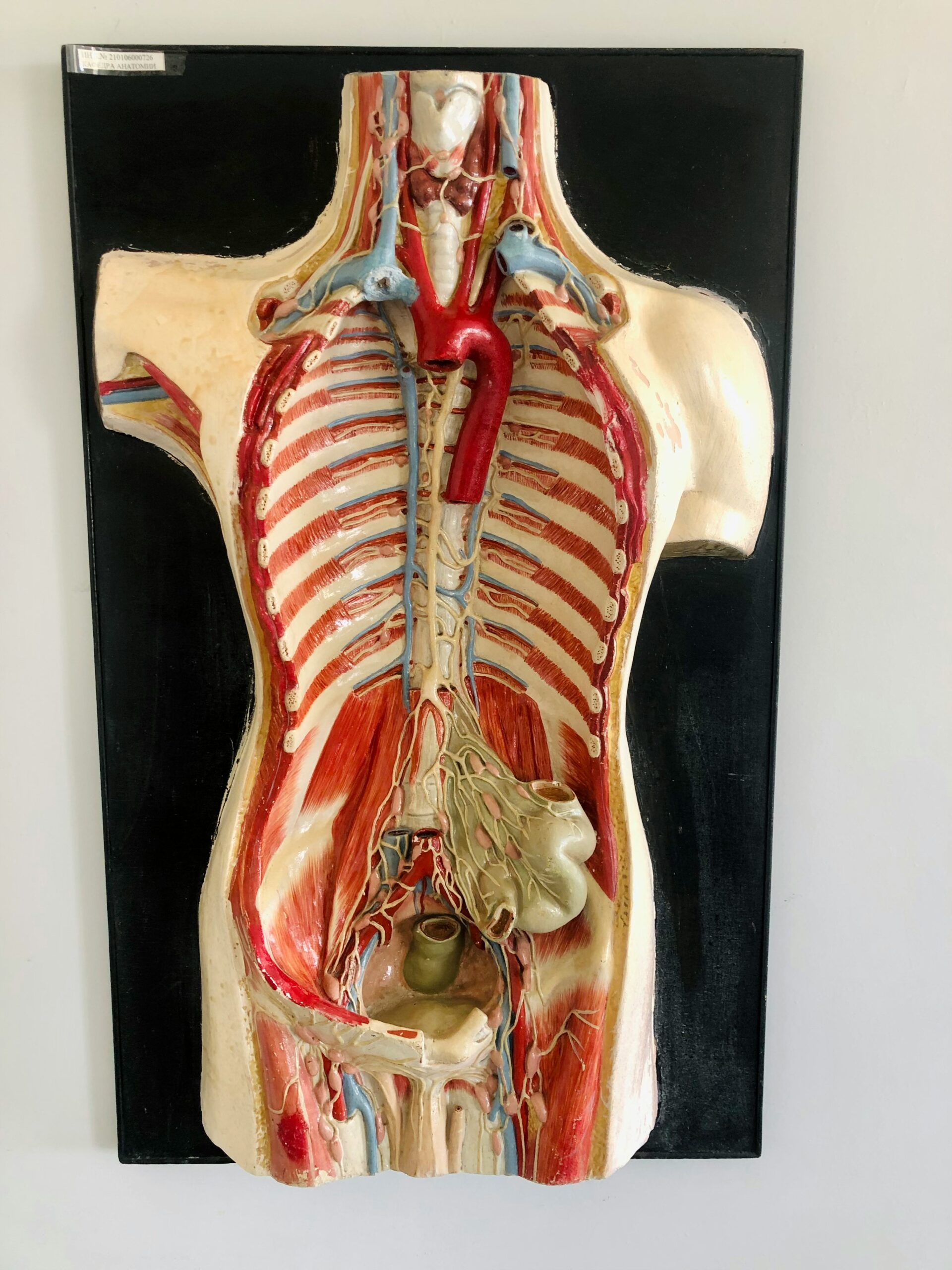Effects of Sleep Deprivation on the Body
Sleep deprivation can have a profound impact on our bodies and overall health.

Photo by Mpho Mojapelo on Unsplash
Insufficient sleep is universally unpleasant. It’s a common experience, leaving individuals feeling frustrated and inconvenienced. Yet, for some, it transcends occasional annoyance. When it becomes a recurring pattern, sleep deprivation can lead to a myriad of serious health issues.
This article explores the effects of sleep deprivation on the body.
1. Impaired Cognitive Function
One of the first and most noticeable effects of sleep deprivation is impaired cognitive function. Lack of sleep can lead to difficulties with concentration, memory, and problem-solving. It becomes harder to focus on tasks, and decision-making abilities may be compromised. This can have a negative impact on work or school performance and can increase the risk of accidents or errors.
2. Weakened Immune System
Sleep plays a crucial role in supporting a healthy immune system. When we don’t get enough sleep, our immune system becomes weakened, making us more susceptible to infections and illnesses. Lack of sleep can also affect the body’s ability to recover from illness or injury, prolonging the healing process.
3. Increased Risk of Chronic Conditions
Research has shown that chronic sleep deprivation can increase the risk of developing various chronic conditions. These include obesity, diabetes, cardiovascular disease, and even certain types of cancer. Lack of sleep can disrupt the balance of hormones in the body, leading to weight gain, insulin resistance, and inflammation.
4. Mood and Emotional Disturbances
Insufficient sleep can have a significant impact on our mood and emotional well-being. It can lead to irritability, mood swings, and increased feelings of stress and anxiety. Lack of sleep can also contribute to the development or worsening of mental health conditions such as depression and bipolar disorder.
5. Impaired Physical Performance
When we don’t get enough sleep, our physical performance can suffer. Lack of sleep can lead to decreased coordination, slower reaction times, and reduced strength and endurance. This can affect athletic performance, increase the risk of accidents during physical activities, and impact overall productivity in daily life.
6. Increased Risk of Accidents
Driving or operating machinery without adequate sleep can be extremely dangerous. Sleep deprivation can impair judgment, attention, and reaction times, increasing the risk of accidents on the road or in the workplace. It is estimated that drowsy driving is responsible for a significant number of accidents each year.
7. Hormonal Imbalances
During sleep, the body regulates hormone production and release. When we don’t get enough sleep, this delicate balance can be disrupted. Sleep deprivation can lead to imbalances in hormones such as cortisol (the stress hormone), insulin, and leptin (which regulates appetite). These imbalances can contribute to weight gain, increased appetite, and difficulties in managing stress.
Sleep deprivation can have a profound impact on our bodies and overall health. It is important to prioritize sleep and ensure that we are getting enough restful sleep each night.
Understanding the effects of sleep deprivation can help us make conscious efforts to improve our sleep habits and prioritize our well-being.









